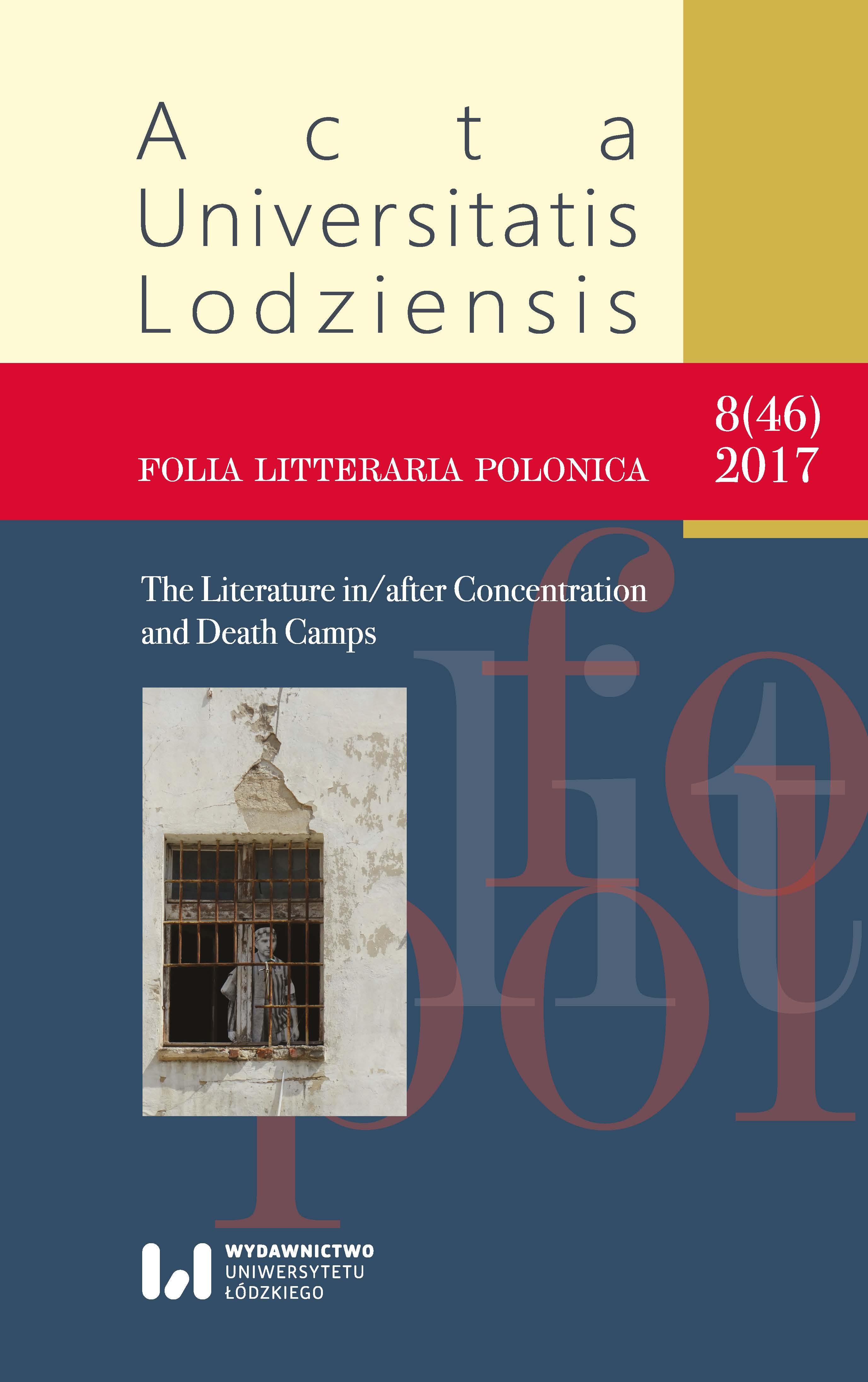How to describe “the world of colossal absurd”? On the grotesque in Gulag literature
How to describe “the world of colossal absurd”? On the grotesque in Gulag literature
Author(s): Tadeusz SucharskiSubject(s): Studies of Literature, Theory of Literature
Published by: Wydawnictwo Uniwersytetu Łódzkiego
Keywords: soviet camp; grotesque; satire; totalitarianism; hyper-reality
Summary/Abstract: The main aim of the paper is to reflect on the various forms of the disclosure and the use of the grotesque in the Polish camp literature. Prisoners, authors of books devoted to life in the camps, experienced life in conditions that we did not normally recognize as impossible. In this sketch I try to show the ways of using (or not-using) of this experience in literature. Many Polish writers emphasized the importance of ridicule in the description of the world of the camp, because “it sees sharper, it clearly draws”, but that perspective often lacked in their books. However, there were writers (Grubinski and Wittlin) who put the world of Soviet slavery in satirical way, often in the form of “laughter through tears” (close to Bachtin’s conception). There were also writers (Lipski and Mayewski) who dispassionately exposed the horror of the atrocity of the camp, they took the game with the absurd (close to Kayser’s conception). Finally, there was a writer (Olszewski) who attempted to capture the entire Stalinist world as a grotesque.
Journal: Acta Universitatis Lodziensis. Folia Litteraria Polonica
- Issue Year: 46/2017
- Issue No: 8
- Page Range: 87-111
- Page Count: 25
- Language: English

